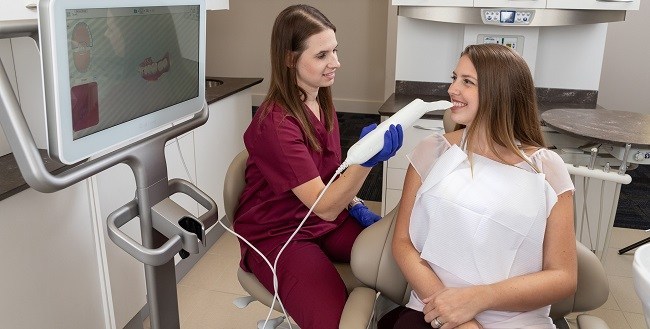Our oral health is a crucial aspect of our overall well-being, and paying attention to the signs of potential issues is essential. One common concern that often goes unnoticed is oral infection. In this blog post, we will explore the various signs that may indicate the presence of an oral infection and why it’s vital to address these issues promptly.
- Persistent Bad Breath: The Silent Messenger
Bad breath, or halitosis, can be a red flag for oral infection. Bacteria that thrive in the mouth can produce foul-smelling gases, leading to chronic bad breath. If regular oral hygiene practices don’t alleviate the issue, it’s crucial to consider the possibility of an underlying infection.
- Swollen or Bleeding Gums: A Cry for Attention
Healthy gums should appear pink and firm. If you notice swelling, tenderness, or bleeding while brushing or flossing, these could be signs of gum infection (gingivitis or periodontitis). Ignoring these symptoms may lead to more severe complications, including tooth loss.
- Tooth Sensitivity: A Warning Whistle
Increased sensitivity to hot or cold foods and beverages can be indicative of various dental issues, including an oral infection. Infections may compromise the tooth’s protective layers, exposing the nerve and resulting in heightened sensitivity.
- Pain or Discomfort: The Body’s Alarm System
Persistent pain or discomfort in the mouth, particularly while chewing or biting down, could be a sign of infection. This discomfort may be localized to a specific tooth or spread across the jaw, signaling the need for professional evaluation.
- Pus Formation: A Visible Clue
The presence of pus around the gums or in the mouth is a clear sign of infection. Pus is a byproduct of the body’s immune response to combat the infection, and its appearance should not be ignored. It may be associated with an abscess, which requires immediate attention.
Changes in Tooth Color: Stains of Trouble
Discoloration of the teeth, especially darkening or grayish hues, can indicate an underlying infection. This discoloration may result from the death of the tooth’s internal pulp tissue, signaling the need for urgent dental intervention.
- Difficulty Swallowing: An Uncommon Symptom
In more severe cases, oral infections can lead to difficulty in swallowing. If you experience pain or discomfort while trying to swallow, it’s essential to seek prompt medical attention to address the root cause of the issue.
Maintaining good oral hygiene practices, such as regular brushing, flossing, and dental check-ups, is crucial for preventing oral infections. However, being vigilant about the signs mentioned above is equally important. If you notice any of these symptoms, don’t hesitate to consult with a dental professional promptly. Early detection and intervention can help prevent complications and ensure a healthier, happier smile for years to come.
For more information, call Dr. Ladani in Schnecksville, PA at 610-799-0600 or visit www.extraordinarysmiles.net.
Dr. Sandip Ladani proudly serves patients from Schnecksville and all surrounding areas.


